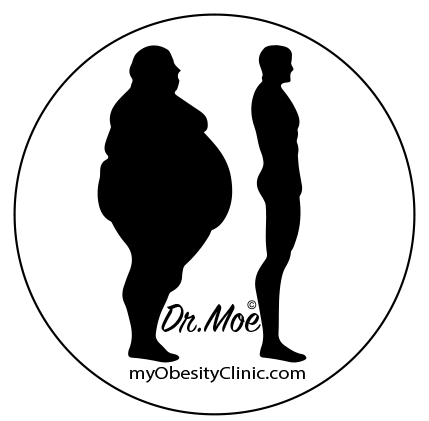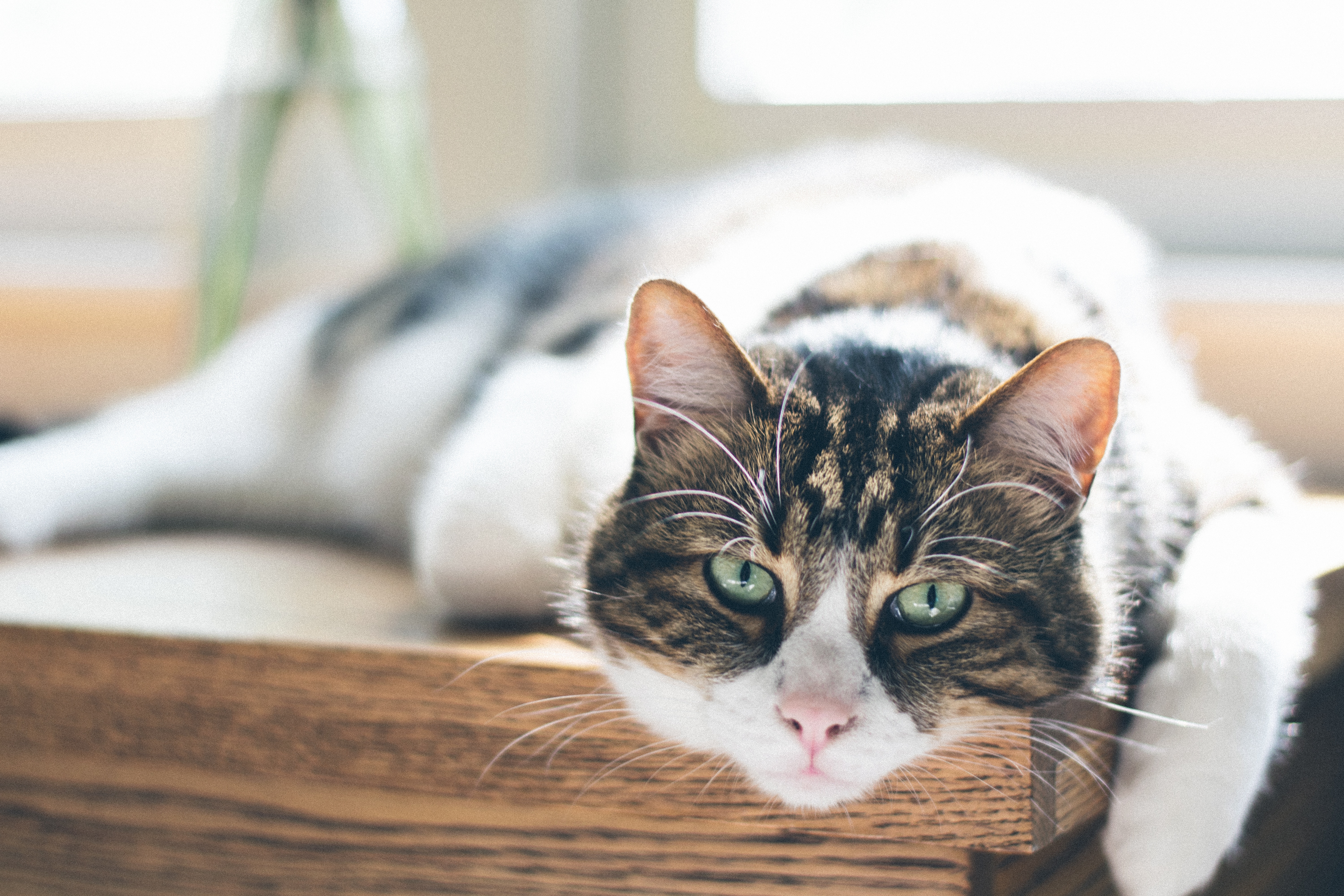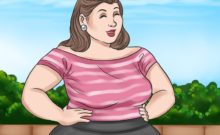It is said that “the strongest cravings for food happen when you’re at your weakest point emotionally.”
Emotional eating is defined as overeating in order to relieve negative emotions (wikipedia). These emotions may include stress, anger, fear, boredom, sadness and loneliness. An overall high level of such emotions in a vulnerable person produces a trait of negativity and poor coping. If such individuals are faced with strong negative emotions, they may choose to avoid the situation by distracting themselves through overeating.
Emotional eating often leads to eating too much, especially too much of high-calorie, sweet, fatty foods. Emotional eaters are at an especially high risk of developing binge eating disorder. More than 7 million Americans struggle with binge eating disorder (BED), according to a recent Harvard-based study. This increases their risk of developing obesity and that becomes a “catch 22” when trying to loose weight.
Here’s Some Help!
“Since emotional eating is utilized to manage negative emotions, treatment necessitates learning healthy and more effective coping strategies.” Dr. Moe
First, identify triggers: unemployment, financial pressure, relationship conflicts, work stress, health problems (including fatigue, and pain…)
Then, think “problem solving”, even if you are not able to fully eliminate your current problems, you’re at least trying to replace that urge to eat with something productive.
… lets start here
- Get support. Lean on family and friends.
- Avoid loneliness. In fact, you will feel good being around others.
- Fight boredom. Distract yourself, call a friend, watch a movie, listen to music, read.
- Keep a food diary. And include how you’re feeling when you eat.
- Have a hunger reality check. Is your hunger physical or emotional?
- Take away temptations. Don’t keep the comfort foods in your home or office.
- Don’t deprive yourself. Instead, eat little and try not to skip meals.
- Learn from setbacks. More important, forgive yourself and start fresh the next day.
- Snack healthy. Such as fresh fruit, vegetables with low-fat dip.
- Drink water. Try to avoid sugary beverages.
- Go for a walk. Again, best with someone even if walking your dog.
- Exercise. This is also the best way to fight depression.
- Sleep well. Yet, don’t “withdraw to sleeping.”
and always remember, food is fuel not therapy…





Leave a Comment